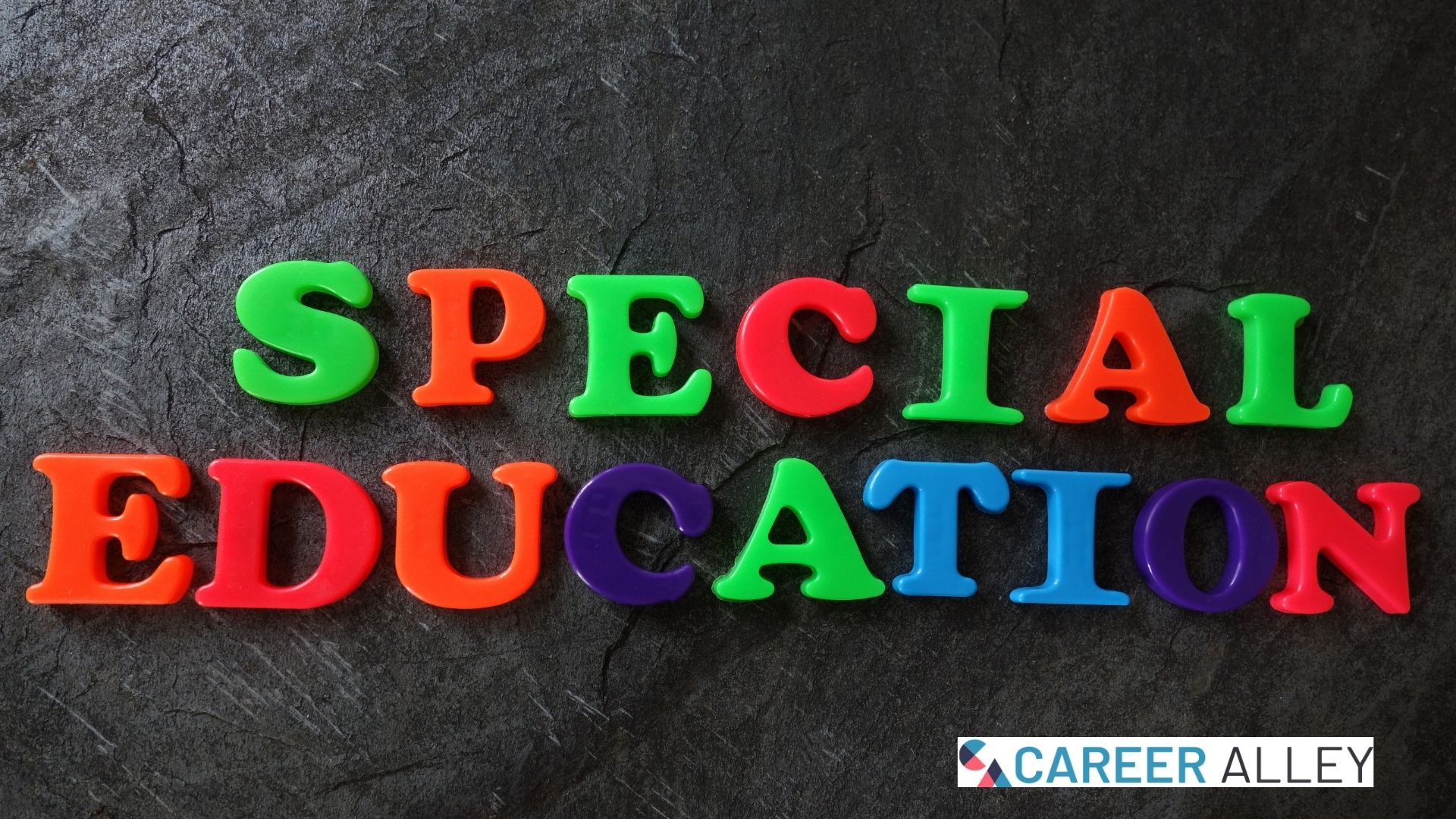We may earn a commission if you click on a product link and make a purchase at no additional cost to you. For more information, please see our disclosure policy.
Special education has long been plagued by stigma, impacting both students and schools. Those assigned to special education classrooms frequently face a lack of adequate
Myth: Special Education Only Involves Severe Disabilities
Frequently, people both inside and outside the education sector harbor the mistaken belief that a disability must be readily visible to be genuine. This leads to a prevailing misconception that only students with the most pronounced disabilities qualify for special education. Such a narrow perspective can overlook the diverse range of disabilities that may require specialized support and unfairly limits access to necessary educational resources for many students.
While some disabilities manifest physically, many do not. Numerous students who merit special education support grapple with intellectual, emotional, or behavioral disorders that aren’t immediately visible. Moreover, some seemingly minor disabilities can significantly hinder a student’s ability to excel in a traditional learning environment. These students require the resources provided by special education to effectively learn and achieve academic success.
Teachers should not make assumptions about who requires special education based solely on superficial evaluations. Instead, they should trust their students, their respective guardians, and seasoned experts who possess a deeper understanding of a student’s disability and educational needs.
Myth: Special Education Is a Niche Field Affecting Few Students
Even when a teacher acknowledges that disabilities beyond the most severe ones warrant special education, they may presume that the number of disabled students within a school is so small that it doesn’t significantly impact the overall student population. This assumption, however, is a colossal error.
Recent studies from Pew Research indicate an increasing number of students with disabilities in the United States, largely due to improved diagnostic processes that identify emotional, behavioral, and intellectual disabilities at an earlier stage. Presently, about 14 percent of American students have a disability that could make them eligible for special education. However, some projections suggest this figure could rise to nearly 20 percent if a broader spectrum of learning disabilities were legally recognized.
Too many people inside and outside education will only believe that a person has a disability if a viewer can easily detect that disability. As a result, many mistakenly believe that only the most severely disabled students qualify for special education.Click To TweetThe demand for special education services is increasingly on the rise. It’s crucial for schools and teachers to be adequately equipped to provide suitable educational resources for students with diverse disabilities. Regardless of the proportion of students impacted within a school, those with disabilities warrant equal opportunities to learn, akin to their non-disabled peers.
Myth: Students in Need of Special Education Must Be Separated Into Their Own Classrooms
One of the most damaging misconceptions about special education is the idea that it segregates enrolled students from the rest of the school. Historically, this held true in many educational settings where students with disabilities were confined to their own classrooms, supervised by dedicated teachers and aides. However, recent studies highlight that these students perform significantly better when they share the same spaces with their non-disabled peers. Consequently, more schools are making concerted efforts to integrate special education within mainstream education.
The move towards integrated special education intensifies the need for teachers to recognize and correct any misconceptions they harbor about students with disabilities. Teachers expecting to work with a substantial number of these students—which includes the majority of educators—may want to consider pursuing a Master’s degree in Special Education. Such a program offers a deeper understanding of various disabilities and equips teachers with strategies to provide resources and accommodate diverse student needs in a mainstream classroom setting.
Conclusion
A persistent myth among many teachers and school administrators is that special education isn’t a rewarding field for educators. Undeniably, special education can be challenging work; teachers must adapt their lesson plans to accommodate a wide array of learners, and disruptions caused by various disabilities could potentially sidetrack the entire class. However, special education teachers are acutely aware of the importance of their work.
Every student, irrespective of their mental, intellectual, emotional, behavioral, or physical abilities, should have access to education. Teachers dedicated to delivering high-quality special education provide an invaluable service, touching countless lives throughout their careers. The relevance of special education cannot be overstated, and thus, more teachers need to comprehend its realities.
What every special education teacher needs to know to survive and thrive
A Survival Guide for New Special Educators provides relevant, practical information for new special education teachers across a broad range of topic areas.
Joey Trebif is the pen name of Mark Fiebert, a former finance executive who hired and managed dozens of professionals during his 30-plus-year career. He now shares expert job search, resume, and career advice on CareerAlley.com.





